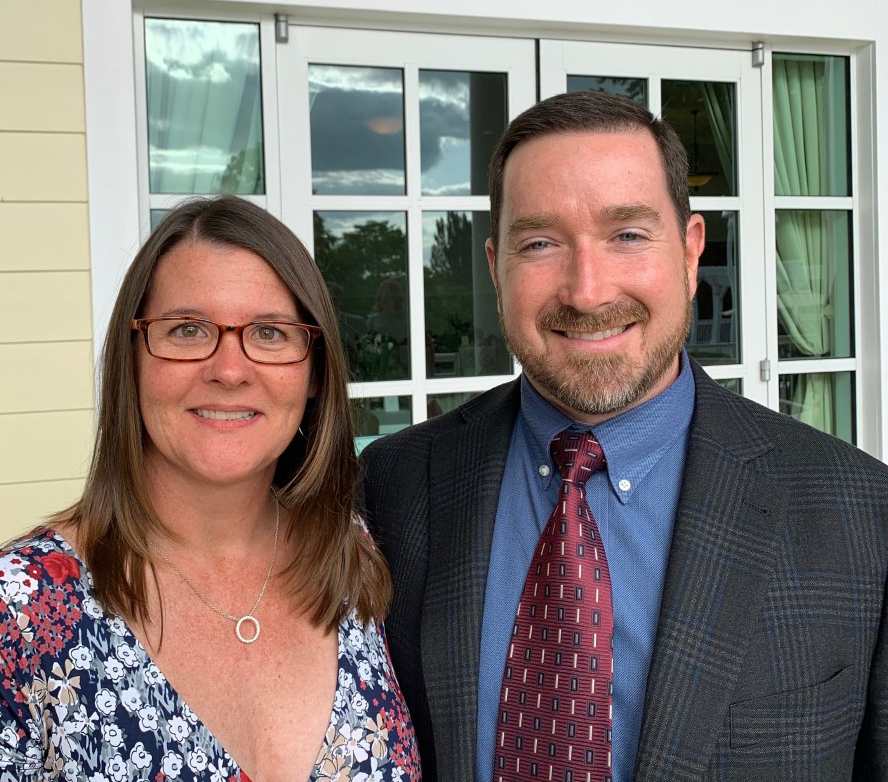For every Orlando rental property owner, saving money and keeping tenants happy are constant goals. One proven way to protect your rental business is through proactive maintenance. But what does that really mean? And how does it help landlords in Central Florida avoid big expenses?
Many landlords may ignore it, but skipping routine maintenance often leads to costly repairs and bigger frustrations. To help you avoid those headaches, we’ll explain what proactive maintenance is and how it can cut the costs landlords face from emergency repairs, high turnover, and lost rental income. Read on.
What Proactive Maintenance Looks Like in a Rental Property
Proactive maintenance means staying ahead of potential issues before they turn into costly repairs. Instead of waiting for tenants to report problems, you or your property managers take the lead through regular upkeep and scheduled inspections.
Examples include:
- Servicing your HVAC system seasonally
- Checking electrical systems and outlets
- Flushing water heaters
- Sealing windows and doors to improve energy efficiency
- Inspecting roofs and gutters after storms
By tackling minor issues early, landlords reduce repair costs, avoid unexpected repairs, and maintain a well-functioning rental property.
How Staying Proactive Cuts Costs for Orlando Landlords
By staying one step ahead of repairs and regular upkeep, landlords can avoid sudden expenses. This helps you protect your rental income and keep your properties running smoothly. Let’s look at the specific ways this approach enables you to save more in the long run.
Early Repairs Prevent Expensive Emergencies
When you catch problems early, you’re less likely to face those last-minute calls for costly emergency repairs. For example, replacing a worn-out seal might cost you a few hundred dollars, but ignoring it could lead to a complete water damage cleanup.
This approach does more than save money. It helps protect your property value, keeps tenants safe, and makes sure you follow local rules.
Preventive Maintenance Reduces Wear and Tear Over Time
Simple tasks like cleaning vents or checking appliance connections help extend the lifespan of key systems. This kind of preventive maintenance minimizes long-term maintenance costs, supports lower utility bills, and makes your property more appealing to high-quality tenants.
Staying proactive also helps preserve the security deposit by keeping the unit in good condition, making move-out repairs less costly.
Happy Tenants Lead to More Consistent Income
Fast, proactive responses to maintenance requests and tenant complaints show your renters you care, which then boosts tenant satisfaction and increases lease renewals. This leads to:
- Fewer turnovers
- Reduced leasing fees
- More consistent rental income
- Less unpaid rent
With fewer disruptions in rent collection, landlords enjoy steadier cash flow and fewer surprises.
Why Working with a Property Manager Matters
For landlords managing multiple rental properties, it’s not easy to stay on top of everything. A professional property manager takes care of property maintenance, coordinates scheduling repairs, handles routine inspections, and responds to issues quickly.
A good property management company also understands local expertise, offers personalized service, and ensures all lease terms are followed. This helps landlords save money, stay compliant, and avoid costly mistakes.
The Long-Term Payoff for Orlando Landlords
A proactive approach may require upfront effort, but the payoff is worth it. You’ll spend less on repairs, experience fewer emergencies, and enjoy more substantial passive income from your Orlando rental property.
With better energy efficiency, fewer vacancies, and stronger property value, proactive maintenance becomes one of the smartest financial decisions a landlord can make.
Stay on top of maintenance and protect your rental income with Wilson Management Group. For over 35 years, we've helped Greater Orlando landlords succeed with full-service property management and dependable support.
Contact us today to get started.
Additional Resources:


